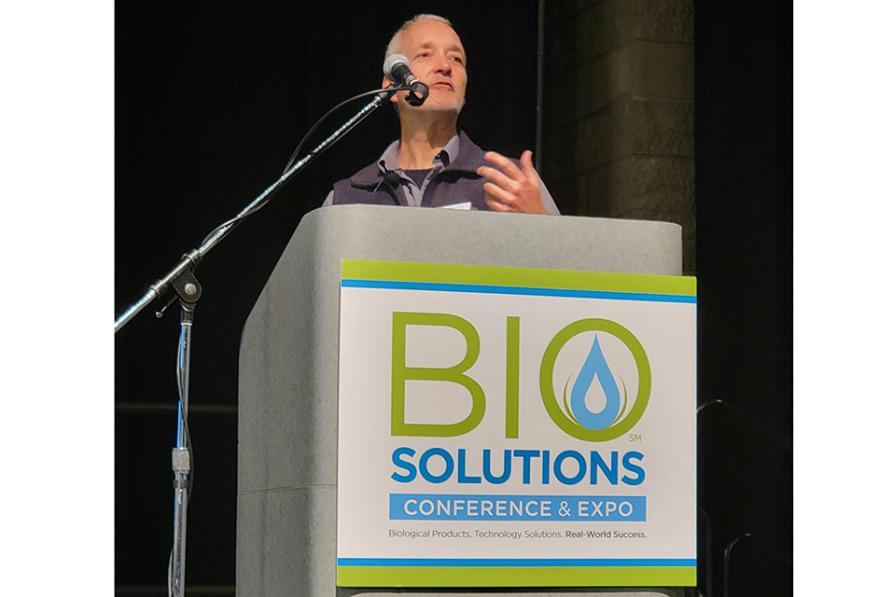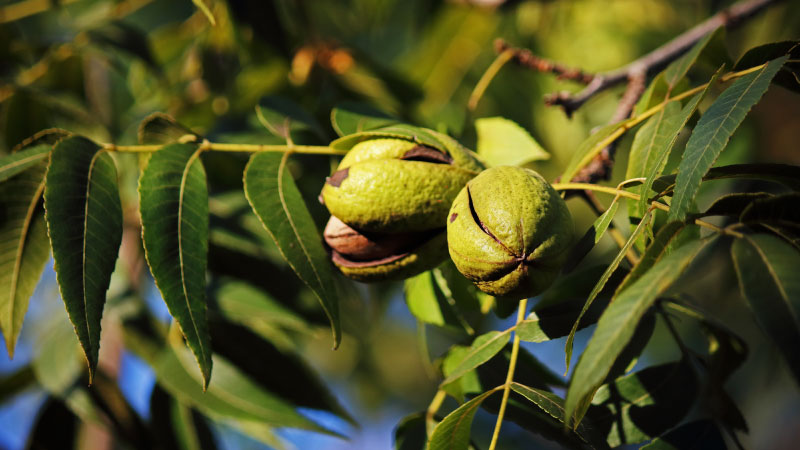Sustainability And Organic Certification Are Different Processes Yet Similar
Sustainable and organic certification go hand-in-hand but are two very different systems and processes, believes the owner of a winery and vineyard on California’s Central Coast. Dan Lee should know. He’s the owner of Morgan Winery in Salinas, whose home estate, the Double L Vineyard, has received its “Sustainability in Practice” (SIP) certification from the Central Coast Vineyard Team. Not only that, the Double L is the first vineyard in the Santa Lucia Highlands appellation to achieve both organic and sustainable certifications.
While only recently being certified sustainable, the Double L has been organic for nearly a decade, receiving the designation in 2002 through Monterey County Certified Organics. Lee says organic farming practices are site specific, dealing primarily with strict regulations governing use of chemicals in the vineyard. Sustainability could be said to be a “bigger picture” philosophy, taking into account every aspect of a vineyard’s operations: social responsibility, clean water, energy conservation, and maintenance of existing habitats are just a few of its components. With the newly-achieved SIP certification, Morgan is now recognized for sustainable, “farming for the future” actions that are not addressed in the organic program.
Achieving “Sustainable Vineyard” status is a long process, requiring copious documentation and peer review by the Central Coast Vineyard Team (CCVT) of all of Morgan’s farming and business practices; it demonstrates Morgan’s commitment to environmental stewardship, economic viability, and equitable treatment of employees. The overriding “Sustainability” philosophy has important implications for fruit quality, says Lee.
“Conscientious viticultural and environmental practices, allied to care and education for vineyard workers, directly results in better grapes and wines,” he says. “Farming organically has been a great thing; we have very healthy vines producing fruit that shows true to its varietal character and Highlands’ locale. The SIP certification takes things to the next level, emphasizing our overall, long-term belief in being a good business, a good neighbor, and a good steward of the land.”
Team Concept
The CCVT is a non-profit organization formed in 1994 by a progressive group of farmers with a mission to educate and guide growers toward environmentally and economically sustainable farming practices. Now with 300 members representing 80,000 acres throughout the region, the team is recognized as an industry leader in the area of sustainability and has been a model for other organizations. While the group’s leadership is based in vineyard and winery representatives, they regularly solicit input and guidance from regulatory, academic, environmental, and community leaders.
Since 1996, CCVT has been helping growers assess their farming practices through the award-winning Positive Points System. This provided the foundation of what became the California wide SIP Vineyard Certification Program. 2008 marked the pilot year, with 3,700 acres (14 vineyards) receiving certification. The process requires that growers meet a rigorous standard of operations verified through extensive records review and a site audit conducted by an independent inspector. More information on the CCVT and its sustainable programs can be found at www.sipthegoodlife.org.










